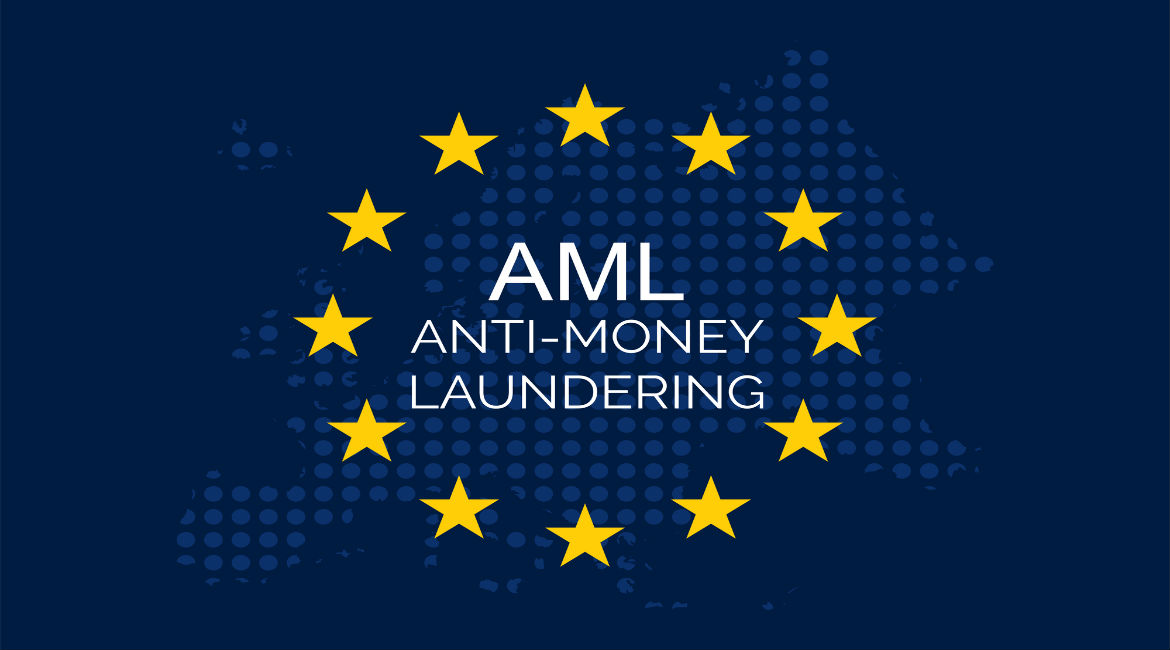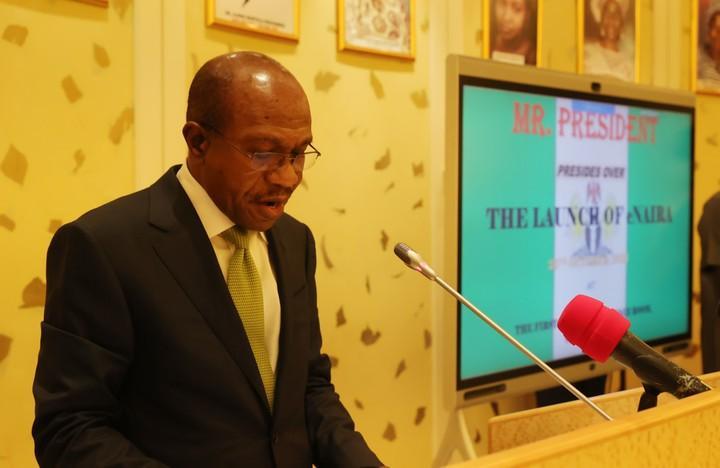Reaffirming his commitment to fighting corruption in Nigeria, President Muhammadu Buhari has signed the anti-laundering bill with two others.
Buhari on Thursday assented to the bills at the Council Chamber, Abuja. The signed bills are the Money Laundering (Prevention and Prohibition) Bill, 2022; the Terrorism (Prevention and Prohibition) Bill, 2022; and the Proceeds of Crime (Recovery and Management) Bill, 2022.
The president said the signed bills aligned with his commitment to fighting against corruption and illegal financial activities to achieve good governance and development in Nigeria.
According to Buhari, the provision of the laws cover all the measures and strategies that can curb “abuses and compromises.”
“We will not rest until we rid the nation of the menace of money laundering, terrorism, and other financial crimes.”
Buhari stated that the “signing of these Bills into law today strengthens the Anti-Money Laundering/Combating the Financing of Terrorism (AML/CFT) framework.
“It also addresses the deficiencies identified in Nigeria’s 2nd round of Mutual Evaluation as assessed by Inter-Governmental Action Group Against Money Laundering in West Africa on compliance with the Financial Action Task Force global standards.”
Buhari said the repeal of the Money Laundering (Prohibition) Act, 2011 as amended and the enactment of the Money Laundering (Prevention and Prohibition) Act, 2022 also provide a comprehensive legal and institutional framework for the prevention and prohibition of money laundering in Nigeria.
“It confers the Economic and Financial Crimes Commission (EFCC), the legal status of the unique control unit against money laundering,” he added.
Proceeds of Crime (Recovery and Management) Act, 2022 law includes the seizure, confiscation, forfeiture, and management of properties derived from unlawful activity.
“I have therefore taken time to note the emphasis placed on collaboration, synergy, and unification of strategies and measures to combat the scourge of Money Laundering and terrorism financing and proliferation financing in the Act,” he said.
Saying the new law allows the creation of specific accounts for the proceeds of crime and other confiscated assets to promote financial accountability.
“The primary objectives of these measures are to ensure an effective, unified, and comprehensive legal, regulatory and institutional framework for the implementation of the Acts.
“This is profound and calls for coordinated responses to the challenges posed by the menace.
“I, therefore, charge all relevant agencies to ensure effective implementation of these new laws.
“The robust frameworks diligently enshrined in the Acts can only serve useful purposes when every bit of them is enforced.”
He added that the bills, signed into law, represented not just legislative instruments but very significant governmental actions projecting courage, determination, and sincerity in tackling the menace of money laundering, terrorism, and other financial crimes.
While commending the National Assembly for its tenacity, courage, and commitment, president Buhari said the two chambers “have certainly carved out a worthy legacy for themselves.”
“The bills are a clear demonstration of government functioning at its best with coordination, collaboration, and execution, all towards a common goal,”

 Naira4 weeks ago
Naira4 weeks ago
 Naira3 weeks ago
Naira3 weeks ago


 Naira4 weeks ago
Naira4 weeks ago




 Naira3 weeks ago
Naira3 weeks ago
 Commodities4 weeks ago
Commodities4 weeks ago


 Sport Business4 weeks ago
Sport Business4 weeks ago


 News3 weeks ago
News3 weeks ago


 Banking Sector4 weeks ago
Banking Sector4 weeks ago























